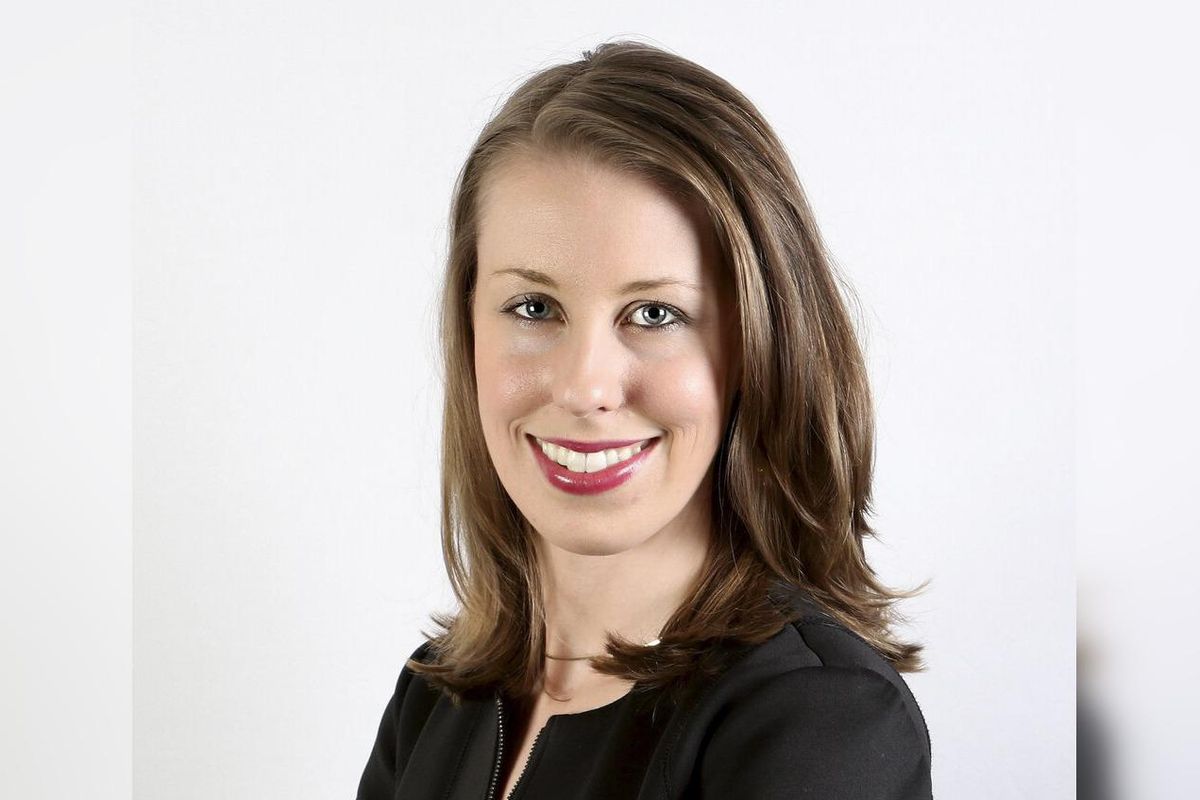Houston early stage startup accelerator introduces latest cohort
growing gains
Five Houston startups are joining a global accelerator for a seven-week program to strategically grow their businesses.
Houston's gBETA, a part of gener8tor in partnership with the Downtown Launchpad, has launched its spring cohort — the seventh cohort since its launch in Houston in 2019 — this month. The free program lasts seven weeks and connects companies to gener8tor's network of mentors, customers, corporate partners, and investors.
“We’re thrilled to partner with Downtown Launchpad to bring these programs to life and bolster the technology and sustainability industries in Houston,” says Lauren Usher, gener8tor gBETA vice president, in a news release.
gBETA's equity-free model provides coaching for its cohort companies, which are all Houston-based, home-grown.
“It’s exciting to see the seventh cohort of gBETA Houston come together. We’ve seen so much growth from our previous alumni from our program, and we’re excited for that same impact to flourish with this incoming cohort,” says Muriel Foster, gBETA Houston director, in the release.
The ongoing cohort's members include:
- Adaptagym revolutionizes the fitness and rehabilitation industries by offering a comprehensive and user-friendly platform that caters to the unique needs of all persons on the ability spectrum. The company matches users with the appropriate fitness and allied health professionals. Adaptagym is currently partnering with one clinic and four individuals for beta testing.
- Circle.ooo is a B2B2C technology company streamlining event tech for small-to-medium event hosts, attendees and sponsors. The app-within-app concept allows event holders to create a free ‘Circle’, and Attendees create a single 'universal profile' digicard to instantly register for any Event without having multiple accounts, profiles or inputting data fields. Circle is a Houston-based Delaware C-Corp, is currently testing v 2.0 of the app, and has 27 customers on their waitlist.
- Financial Aid Frenzy transforms the way students pay for college, one dollar at a time. Financial Aid Frenzy's crowdfunding platform is tailored to assist students in getting the money needed for their education by connecting them with donors who are passionate about helping them achieve their educational fundraising goals. Financial Aid Frenzy is a Houston-based Delaware C-Corp, with 40 customers interested in the platform.
- Kash-In Academy utilizes digital “kash” to increase student engagement through monetized lessons and quizzes. With the Kash-In Academy platform, teachers are able to deposit “kash” for positive behavior and academic achievement. Kash-In Academy is approved in 12 school districts servicing 932 teachers and 8,069 students.
- MendIt’s apparel care marketplace amplifies the choices for consumers to manage their closets more sustainably and empowers retailers with aftercare solutions that elevate their brand. Retailers work with MendIt to offer long-term product care to customers, helping to extend the life of their clothing, save money through reduced returns, and direct capital to local businesses. MendIt’s product is live and available nationwide via shipping, with three local drop-off locations in the Houston market, a waiting list of “menders” across 9 states, and hundreds of garments mended to date.




 Kaitlyn Allen, who's the founder and chief strategy officer for MendIt, has worked a decade in ESG consulting. Photo via mendit.app
Kaitlyn Allen, who's the founder and chief strategy officer for MendIt, has worked a decade in ESG consulting. Photo via mendit.app The MendIt app is available now as a part of the company's pilot program. Photo via mendit.app
The MendIt app is available now as a part of the company's pilot program. Photo via mendit.app